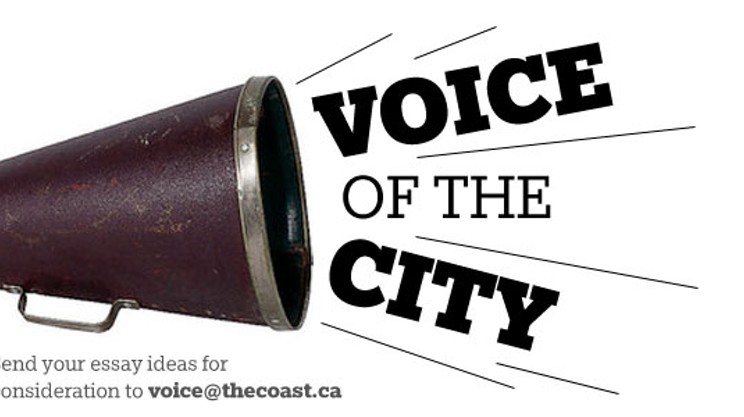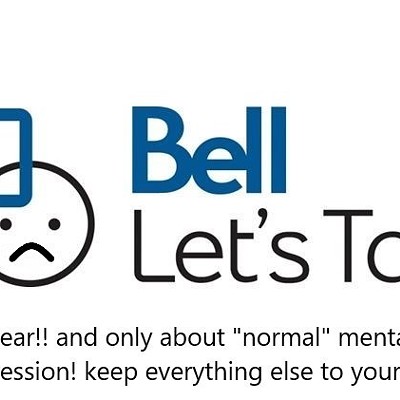
I would never have imagined that I would one day need social assistance. With my work ethic, education and references, it wasn’t remotely on my radar. And yet adsum ego sum. It was a great shock to me, following a serious fall. My former employers and co-workers were some of the best people with whom (and for whom) I have had the pleasure of working, and I miss them.
We’re taught that people in receipt of social assistance are malingerers, that their own poor decisions are responsible for their present state. We look down on them, make assumptions, buy into the stereotypes. What we’re not taught is that many in receipt of social assistance contribute to the social capital of society when and as they can, how easily it can happen to anyone—and that we are, in fact, our brother’s keeper.
The majority of welfare recipients often live 30 to 51 percent below the poverty line and have found themselves dependent upon the system due to circumstances beyond their control. They are disabled such that their ability to work is affected (if memory serves, the federal government pegged the number at around 70 percent)—though most do indeed want to work, to have a career, social inclusion; to cease being invisible.
I am grateful that our social assistance system was there to catch me when I fell, but there is nevertheless much that could be improved upon. There are two main issues with regard to the social assistance system that require attention: an attitudinal issue, and inadequate supports. There is often a lack of respect accorded to clients by caseworkers (though, to be fair, the reverse can also be true), along with arbitrary, inflexible rules and a lack of support to assist clients in leaving the system (for those who are able). Promises which were made have not been kept. Instead, things have been getting worse, and people have even been driven to the brink of suicide.
The attitude issue is a difficult one to solve, and has its roots partly in the present austerity climate resulting in stressed, overworked caseworkers, who barely have time to complete their mandated duties, never mind aught else.
These two issues could be resolved by reducing the administrative burden on caseworkers, who often spend 75 percent of their time effectively acting as gatekeepers, rather than, as I am sure many would prefer, building trusting relationships with their clients. Both could be addressed by such relative cost-neutral means as: ceasing the practice of second-guessing client’s physician’s requests and diagnoses; more courses funded without deductions from recipients’ cheques; an increase in shelter allowances to more accurately reflect the average reality of housing; and allowing individuals to keep more of the occasional funds which they might receive from time to time. (The system claws back any outside funds over $150 a month.)
I’m very fortunate in that I have been able to carve out for myself a niche of service, as my recalcitrant body permits, in volunteer work. I am grateful for the assistance that I receive, but make no mistake: there is more to the story than that which we have been taught—as I have found.


















